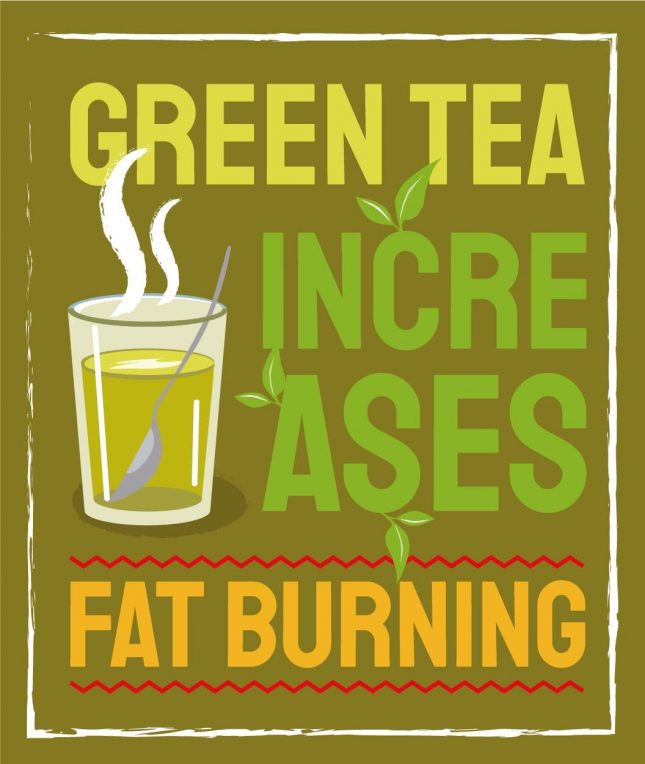

The results of several studies suggest that coffee intake prevents cardiovascular mortality ( Grosso et al., 2016 ) and has the potential to enhance weight loss ( Santos & Lima, 2016 ).īased on our current knowledge, it seems possible that compounds in coffee other than caffeine play the most relevant roles in regulating metabolic function long term. Moderate coffee consumption (meaning around 4 cups per day) is associated with a reduced risk of developing type 2 diabetes ( Reis et al., 2018 ). Coffee consumption can even impact our risk for chronic diseases like diabetes! But besides making our everyday life easier, coffee or rather caffeine and other substances that coffee contains, including phenolic compounds like chlorogenic acids (CGA), minerals and vitamins, can help regulate our metabolism. Coffee, sweet or unsweetened, helps to keep our mind awake.

We often grab it on the way to work or drink it during our business and social meetings. Last week, LIFEApps featured a live AMA via our Facebook messenger chatbot with our chemist Zach Lawton and our science communicator Paige Jarreau all about coffee and intermittent fasting! In the span of two hours, we answered nearly 100 questions about how coffee impacts our health and the fasted metabolic state!Īs a recap, we’ve included below a dozen of the most common questions we received during the AMA and our responses! As a bonus, we’ve included an intro from new LIFEApps blogger Joanna Filipowska, a postdoctoral fellow in the field of diabetes-related research at City of Hope! Espresso.


 0 kommentar(er)
0 kommentar(er)
